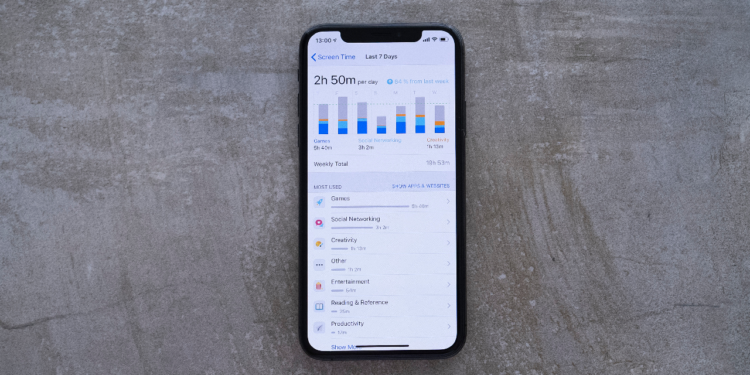India has emerged as a global leader in mobile device usage, with citizens spending a staggering 743.1 billion hours on social media platforms in 2024. This figure, which excludes time spent messaging or consuming entertainment content, represents a 13 percent year-over-year growth—the highest increase among the top five countries in this category. In contrast, the United States reported a marginal decline of 0.6 percent during the same period.
Mental health experts and educators are increasingly concerned about the cognitive effects of this extensive screen time. The Department of Psychology at Bhawanipur Education Society College has observed a troubling trend in memory retention. Students now struggle to remember phrases beyond three words, falling significantly below the general memory range of 5-9 words at a time. This decline is attributed to the passive nature of information consumption on social media platforms. The excessive use of gadgets and social media among school children has led to a digital addiction, causing significant behavioral changes, physical health issues, and mental health problems. Experts attribute this to the Covid-19 pandemic, which introduced online learning and excessive screen time. Children are becoming increasingly irritable, anxious, and depressed, with some even developing eating disorders. Sweden’s experience serves as a cautionary tale, where a shift to digital education was reversed within five years due to adverse effects on children’s health.
According to industry experts, many apps are intentionally designed to be addictive, incorporating features that maximize user engagement. While some applications include control mechanisms, approximately 60 percent of India’s population remains digitally vulnerable. Of particular concern is the exposure of very young children, some as young as 1-2 years old, to screen
Healthcare professionals have highlighted the risks associated with unfiltered content consumption online. India currently lacks official data tracking systems for screen engagement and addiction, making it difficult to assess the full scope of the problem. Experts advocate for the development of a robust monitoring system and the promotion of mindful device usage
Experts outlines several warning signs of device addiction:
Progressive increase in social media usage (e.g., from one hour to two hours daily)
Irritability when unable to access social media
Mood improvement only when using social media
Persistent preoccupation with social media even when not actively using it
Physical restlessness when access is restricted
Compulsive checking behavior, even without notifications
Looking Forward
The findings underscore the urgent need for digital wellness initiatives and education about healthy technology use. While mobile devices and social media platforms offer unprecedented connectivity and access to information, the growing dependence on these technologies demands a balanced approach to ensure they enhance rather than diminish quality of life.Mental health experts recommend implementing personal boundaries with technology use and developing digital literacy programs that promote mindful consumption of online content. As India continues to lead in mobile usage, the challenge lies in harnessing the benefits of digital connectivity while mitigating its potential negative impacts on cognitive function and social behavior.


















Discussion about this post